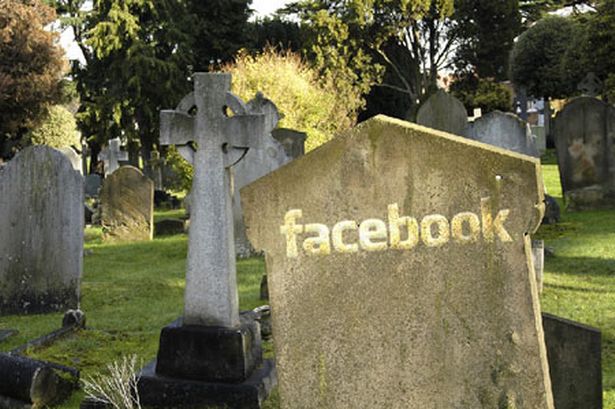What Is Facebook’s Official Policy For Handling User Deaths?
So what happens to all those suddenly abandoned profiles? Their fate could go one of four ways:
- The profile remains untouched, unaccessed, unreported and therefore open to everyday wall posts, photo tags, status mentions and Facebook ads. In other words, business as usual.
- A family member or close friend may choose to report a death to Facebook. Upon receipt of proof of death, such as a death certificate or local obituary, Facebook will switch the dead user’s timeline to a “memorial page.”
- A close family member may petition Facebook to deactivate a dead user’s account.
- Users may gain access to a dead user’s profile in one of two ways: either through knowledge of the dead user’s password, a practice against Facebook’s terms of service, or through a court subpoena. However, per Facebook’s privacy policy and strict state law, courts rarely grant outside access to said social data. More on that later.
Facebook’s official policy for handling user deaths is the memorial page. In 2009, the social network began switching dead users’ profiles to memorial statuses, should the deceased user’s friends or family request the change.
Those friends may interact with the memorial page similarly as they would an active profile. They can post condolences and share memories on his or her timeline; they can view pictures and interact with past posts.
However, Facebook removes a host of other capabilities from memorialized pages. For instance, the profile is no longer accessible via public search, available only to existing Facebook friends. The page will not appear within Facebook “Suggestions.” In other words, the algorithm won’t suggest that you “reconnect with” a dead user whose page has been memorialized. Users won’t be able to tag a memorialized Facebook user in future posts or photos, or message that person at all. All automated app activity (e.g., Daily Horoscope) associated with a memorialized Facebook page ceases. Finally, Facebook reserves the right to delete status updates of a sensitive nature. For instance, if a user who committed suicide posted a photo of a gun to his head, Facebook would likely deem the content inappropriate and remove.
“Memorialization allows friends and family to post remembrances and honor a deceased user’s memory, while protecting the account and respecting the privacy of the deceased,” Facebook spokesman Andrew Noyes tells Mashable. “Also, we do honor requests from close family members to deactivate the account, which removes the profile and associated information from the site.”
Source: Mashable.com




